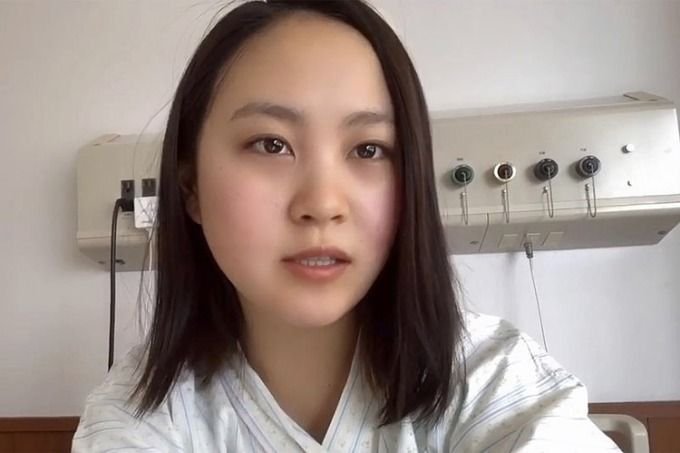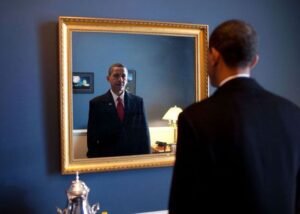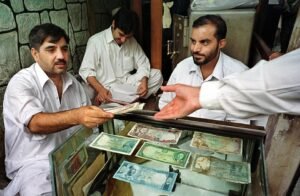
Japanese people are discriminated against because of nCoV 2
Kadono was hospitalized in early April, at that time people only knew her as a woman in her 20s who ran a culinary business.
`They spread rumors as if I were a criminal,` Kadono said in an interview at his home in Himeiji city, western Japan on May 10, after completing 3 weeks of hospital treatment.
Arisa Kadono, in a video posted on Youtube on April 15, spoke up to defend herself and those who are discriminated against because of Covid-19 in Japan.
Kadono only had a fever on the first day and lost her sense of smell.
`There are a lot of people facing discrimination and prejudice,` Kadono said of her decision to speak up for herself and other Covid-19 survivors and their families.
In addition to fear of contracting the virus, experts say Japan’s prejudice against people who have even indirect contact with sick people stems from deep-seated notions of purity and cleanliness in a culture that excludes all things.
Healthcare workers risking their lives to care for patients are the primary target, but grocery workers, delivery workers, and other essential workers, even their own family members, are also being targeted.
`I know people are afraid of nCoV, but we are under great pressure working hard on the front lines,` a female nurse in her 30s said.
Another nurse who took her child to play in a park in Tokyo was asked by several mothers to leave.
An experienced nurse on Hokkaido island said her colleague’s mother was suddenly laid off from her company.
Many nurses, who directly take care of Covid-19 patients, do not dare to go home and sleep in hotels to protect their families, while having to work without adequate protective supplies and without being considered.
`We understand people are scared, but medical staff are also doing their best to prevent infection in hospitals. We need support,` Toshiko Fukui, head of the Japan Nursing Association, said.
`We don’t ask for anything special, just a thank you is a great reward that gives us motivation,` Fukui said.
Stigma against Covid-19 patients may cause some infected people to refuse medical examination, increasing the risk of infection in the community, according to psychologist Reo Morimitsu at Suwa Red Cross Hospital.
Last month, Japanese police discovered more than 10 people dead in private homes or collapsed on the street, whose test results later showed that they were all positive for nCoV.
`The virus not only affects our body but also affects our mind and behavior, harming us, dividing our society,` Morimitsu said.
Stereotypes about people who are not considered `clean` originate from feudal times, when Japanese people working in occupations such as tanning or butchering were often looked down upon.
Victims of America’s two 1945 atomic bomb attacks and those injured in industrial incidents such as mercury poisoning also faced similar discrimination.
`Underlying the stigmatizing attitude towards people related to Covid-19 is the feeling that patients are not clean people,` Naoki Sato, an expert on criminology and Japanese culture at the Kyushu Institute of Technology, wrote in the paper.
Japan recorded a number of hateful actions targeting Covid-19 patients: Sangyo University in Kyoto was threatened with demolition after a student was infected with nCoV, an Osaka city legislative councilor called a patient
Japanese Prime Minister Shinzo Abe and other officials condemned these acts.

People clapped to show appreciation to medical staff in Susono, Shizuoka Prefecture, central Japan, on May 1.
Some localities in Japan have begun to follow the example of Europe and elsewhere, actively sending messages of gratitude and praising medical workers and those working to serve essential needs.
Campaigns to raise awareness and fight discrimination against Covid-19 patients, their families and medical staff have initially achieved success, according to a female nurse in Hokkaido.
`Everyone started cheering us on,` she said.
Covid-19 has appeared in 212 countries and territories with nearly 4.2 million infected people and nearly 284,000 deaths.







